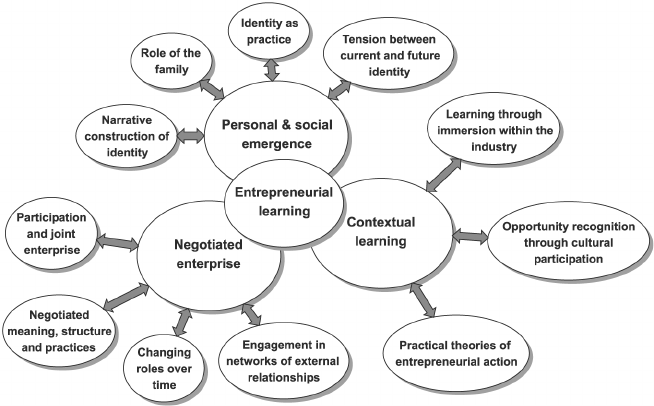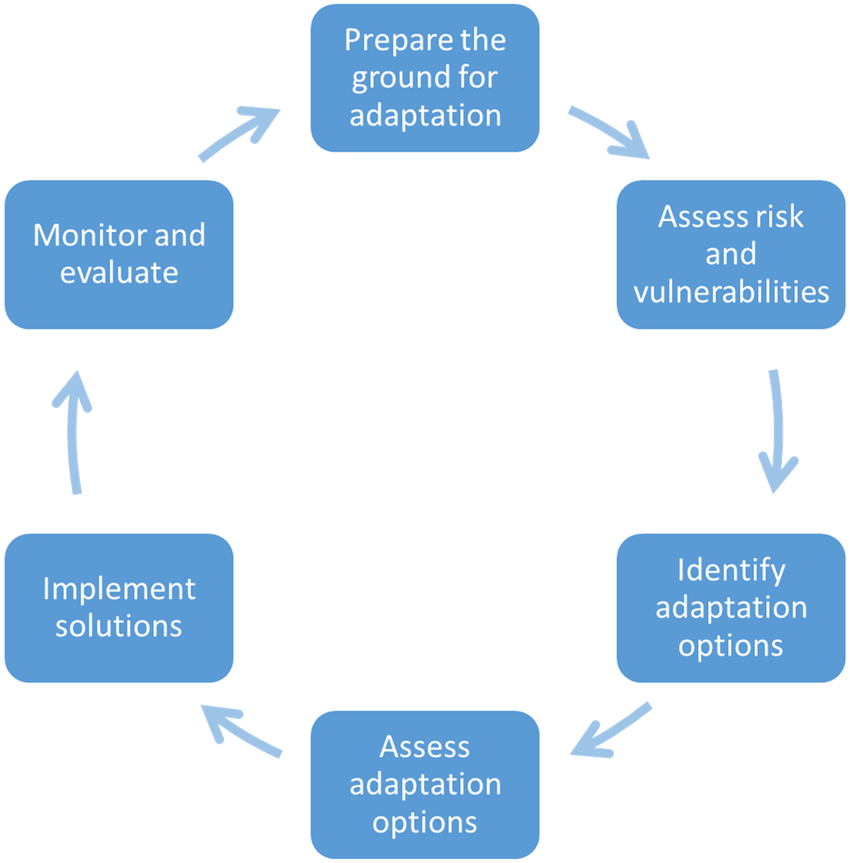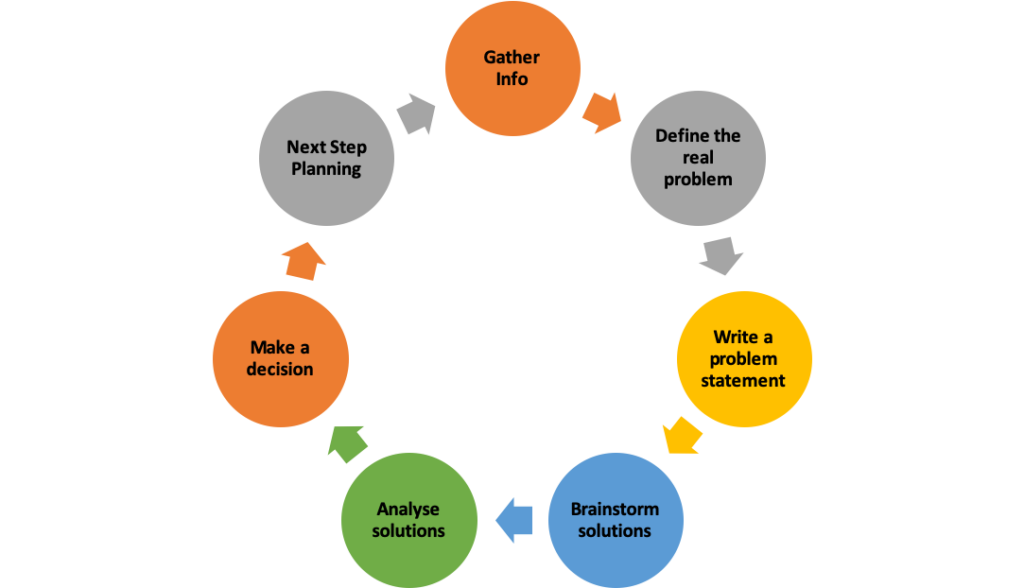Effective Leadership Techniques for Entrepreneurs are crucial for the success of your business. Strong leadership skills not only help you navigate challenges and inspire your team but also contribute to the overall growth and sustainability of your venture. In this article, we will explore some key leadership techniques that can empower entrepreneurs to lead their organizations effectively.
1. Understanding the Role of an Entrepreneur

To be an effective leader, it is important to understand the unique role of an entrepreneur. Entrepreneurs are visionaries who identify opportunities, take risks, and create value through their ventures. They are responsible for shaping the company’s direction, making strategic decisions, and driving growth.
Being an entrepreneur requires wearing multiple hats and being adaptable in various situations. From managing finances to developing marketing strategies, and business tactics, and leading teams. Entrepreneurs must have a broad skill set to succeed. By understanding the responsibilities and challenges of the role, entrepreneurs can better prepare themselves for effective leadership.
2. Developing Self-Awareness as a Leader

Self-awareness is a fundamental trait of successful leaders. By understanding your strengths, weaknesses, and values, you can lead with authenticity and make informed decisions. Engage in self-reflection to identify your leadership style and assess how it aligns with your goals.
Seeking feedback from others, such as team members, mentors, or coaches, can provide valuable insights into your leadership abilities. Actively listen to constructive criticism and use it as an opportunity for growth. Self-awareness allows you to leverage your strengths while acknowledging areas that need improvement.
3. Setting a Clear Vision and Goals

A clear vision serves as a guiding light for entrepreneurs and their teams. Define your mission, values, and long-term goals. Communicate this vision effectively to your team, align their efforts, and inspire them to work towards a shared purpose.
When setting goals, ensure they are specific, measurable, attainable, relevant, and time-bound (SMART goals). Break down larger goals into smaller milestones to track progress and provide a sense of achievement along the way. A clear vision and well-defined goals create focus and direction, driving the success of your entrepreneurial journey.
4. Building and Empowering Your Team

Surround yourself with talented individuals who share your vision and complement your skills. Building a strong team is crucial for achieving your entrepreneurial goals. Hire employees who not only have the required skills but also fit well with the company culture.
Empower your team by providing them with autonomy, resources, and support. Encourage collaboration and create a safe space for sharing ideas and opinions. Recognize and reward achievements to boost morale and motivation. By fostering a positive work environment and empowering your team, you enhance their productivity and engagement.
5. Effective Communication

Effective Leadership Techniques for Entrepreneurs Communication. Be transparent in your communication, clearly conveying expectations, goals, and feedback. Actively listen to your team members, encouraging open dialogue and addressing their concerns.
Effective Techniques Entrepreneur’s communication also involves adapting your style to different situations and individuals. Some team members prefer face-to-face interactions, while others prefer written communication. Tailor your approach accordingly to ensure that your messages are received and understood by all.
6. Adapting to Change

Effective Leadership Techniques for Entrepreneurs operate in a dynamic business environment where change is constant. Embrace change and be adaptable in your leadership approach. Stay updated with industry trends, technological advancements, and market conditions.
Encourage your team to embrace change and view it as an opportunity for growth and innovation. Foster a culture that encourages learning from failures and using setbacks as stepping stones to success. By being adaptable, you can effectively navigate challenges and lead your team through uncertain times.
7. Delegating Responsibilities

Effective Techniques Entrepreneurs and leaders understand the importance of delegation. Identify the strengths and talents of your team members and delegate tasks accordingly. Delegating not only helps lighten your workload but also empowers your team and allows them to develop new skills.
When delegating, clearly communicate expectations, provide necessary resources and support, and establish accountability. Trust your team members to take ownership of their assigned tasks while offering guidance and feedback when needed. Delegation enables you to focus on strategic initiatives and fosters professional growth within your team.
8. Leading by Example

As a leader, your actions speak louder than words. Set a positive example by demonstrating integrity, professionalism, and a strong work ethic. Be accountable for your actions, show empathy towards your team, and be a role model for the behavior you expect from others.
By leading by example, you establish trust and credibility within your team. Your actions influence the overall work culture and motivate others to perform at their best. Consistency in your behavior and decision-making builds confidence and loyalty among your team members.
9. Effective Leadership Techniques for Entrepreneurs Motivating and Inspiring Your Team

Motivation is a key driver of productivity and engagement. Understand the unique needs and aspirations of your team members and provide them with the support and recognition they deserve. Celebrate achievements, offer opportunities for growth and development, and foster a positive work environment.
Inspire your team by sharing the vision and goals of the company. Communicate how their contributions align with the overall mission and how they play a vital role in the organization’s success. By showing genuine appreciation and providing a sense of purpose, you can inspire your team to excel.
10. Problem-Solving and Decision-Making Techniques of Entrepreneurs

Entrepreneurs face numerous challenges and need to make critical decisions. Develop strong problem-solving and decision-making skills by gathering relevant information, analyzing alternatives, and considering the potential risks and benefits.
Involve your team in the decision-making process when appropriate, as their insights can provide valuable perspectives. Encourage a culture of collaboration and creativity in finding solutions. Effective problem-solving and decision making enable you to overcome obstacles and make well-informed choices for your business.
11. Effective Leadership Techniques for Entrepreneurs and Embracing Innovation

Innovation is essential for staying competitive in today’s fast-paced business landscape. Encourage a culture of innovation by promoting creativity, embracing new technologies, and fostering an environment that supports experimentation and learning from failures.
Effective Leadership Techniques for Entrepreneurs updated with industry trends and emerging technologies to identify opportunities for innovation. Encourage your team to think outside the box and explore new ideas. By fostering an innovative mindset, you can drive continuous improvement and stay ahead of the competition.
12. Effective Leadership Techniques for Entrepreneurs Continuous Learning and Personal Growth

Leadership development is an ongoing process. Continuously seek opportunities to learn, whether through attending workshops, reading books, or engaging in networking activities. Stay updated with industry trends and best practices to ensure your leadership skills remain relevant.
Invest in personal growth by seeking feedback, participating in coaching or mentoring programs, and expanding your knowledge base. By demonstrating a commitment to continuous learning, you set an example for your team and foster a culture of growth and development.
13. Effective Leadership Techniques for Entrepreneurs Managing Time and Priorities

Effective leaders are skilled at managing their time and priorities. Set clear goals, prioritize tasks, and manage your time efficiently. Delegate tasks when possible and focus on activities that align with your long-term objectives.
Avoid multitasking and instead practice focus and concentration on one task at a time. Utilize time-management techniques, such as creating schedules, setting deadlines, and using productivity tools. Effective time management allows you to maximize productivity and achieve desired outcomes.
14. Techniques Entrepreneurs Building Strong Relationships

Relationship-building is essential for Effective Leadership Techniques for Entrepreneurs success. Cultivate strong relationships with stakeholders, including employees, customers, investors, and partners. Invest time in networking, maintain open lines of communication, and nurture these relationships for mutual growth.
Listen actively and show genuine interest in others’ perspectives. Collaborate with other leaders and entrepreneurs to share insights and experiences. Strong relationships provide support, opportunities for collaboration, and a network of resources to help you navigate challenges.
15. Celebrating Successes and Learning from Failures
Acknowledge and celebrate both individual and team successes. Recognize the efforts of your team members and reward their achievements. Create a positive work environment where successes are appreciated and celebrated.
Additionally, view failures as learning opportunities. Analyze what went wrong, identify lessons learned, and implement improvements to prevent similar mistakes in the future. Encourage a growth mindset within your team, where failures are seen as stepping stones to success.
Conclusion
Effective leadership is a critical component of entrepreneurial success. By developing and applying these leadership techniques, entrepreneurs can inspire their teams, navigate challenges, and drive their ventures toward growth and prosperity. Embrace your role as a leader, invest in your personal growth, and create a positive and empowering work environment.
FAQs
1. How can effective leadership impact the success of an entrepreneur?
Effective leadership is crucial for an entrepreneur’s success as it enables them to inspire and guide their teams, make informed decisions, and drive growth and innovation.
2. What are the key qualities of an effective leader in the entrepreneurial context?
Key qualities of an effective leader in the entrepreneurial context include self-awareness, clear vision, effective communication, adaptability, delegation, motivation, problem-solving skills, and a focus on continuous learning.
3. How can entrepreneurs motivate and inspire their teams?
Entrepreneurs can motivate and inspire their teams by understanding their needs, providing support and recognition, fostering a positive work environment, and aligning the team’s efforts with a shared vision and goals.
4. How can entrepreneurs effectively manage their time and priorities?
Entrepreneurs can effectively manage their time and priorities by setting clear goals, prioritizing tasks, delegating responsibilities, and focusing on activities that align with long-term objectives.
5. Why is continuous learning important for entrepreneurs?
Continuous learning is important for entrepreneurs as it helps them stay updated with industry trends, acquire new knowledge and skills, and adapt to a rapidly changing business landscape.













